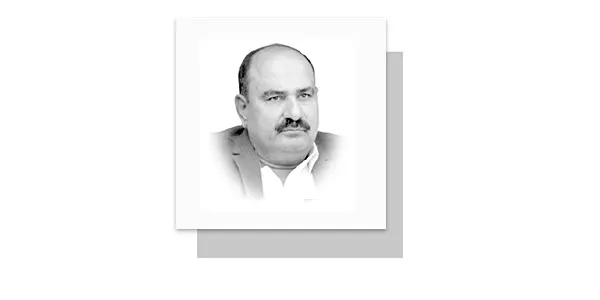PAKISTAN has long talked about embracing the future through 5G technology.
Led by Minister for Information Technology and Telecommunication, Shaza Fatima Khawaja, the government had set mid-2025 as the target for launching 5G services, with the spectrum auction expected in April. That deadline has now passed, but the rollout remains pending, highlighting once again the wide gap between policy promises and on-ground realities.
The initiative was part of a broader plan to modernize the country’s digital infrastructure. It included the addition of four new international submarine cables and the expansion of the optical fiber network across the country. These developments were meant to boost internet speed and coverage, especially in underserved regions where access is still patchy at best.
The auction, which was supposed to allocate key frequency bands such as 3500 MHz, 2600 MHz, 2300 MHz and 700 MHz, was seen as a foundational step for the new network. In partnership with global consultants from National Economic Research Associates (NERA), the government had been working to develop a fair and transparent policy framework covering pricing, spectrum trading and tax reforms. Yet, despite these efforts, the auction did not proceed as scheduled, at least not publicly, and no commercial 5G service has materialized so far. Part of the delay stems from concerns raised by telecom operators. They have repeatedly called for more favourable conditions before investing in 5G infrastructure. These include payment options in local currency, reduced taxes, longer payment timelines and assured access to adequate spectrum in key bands. With high inflation, fluctuating exchange rates and a shrinking profit margin, telecom firms have been understandably cautious about taking on new financial burdens.
Meanwhile, internet quality in the country continues to frustrate users. Dropped signals, slow speeds and service interruptions remain common, even in major cities. In rural and less-developed areas, connectivity is either unstable or entirely absent. For millions of Pakistanis, even 4G is still unreliable , and 5G remains more of a slogan than a service. The digital divide is widening. While policymakers and private players speak of innovation, automation and smart cities, large segments of the population are stuck with the bare minimum. The danger now is that 5G, instead of bridging this divide, could end up deepening it, benefiting only a few while leaving the rest further behind.
That said, the potential of 5G technology is not in doubt. If deployed properly, it could transform industries, from agriculture and logistics to health and education. It could support smart infrastructure, real-time communication and massive-scale connectivity. In short, it could help Pakistan leap into the digital age , but only if the groundwork is laid with sincerity and strategic focus.
For now, the country is caught between aspiration and execution. The vision has been articulated, and the need is clear. But without political will, regulatory stability and a genuine push to fix basic internet infrastructure, the promise of 5G may once again slip into the background, just another missed opportunity in a country full of them. The future may still be wireless, but in Pakistan, the signal remains weak.
—The writer is former Regional Executive Inclusive Development at NBP, Mirpur AK.
(aahmadofpaswal@yahoo.com)


















